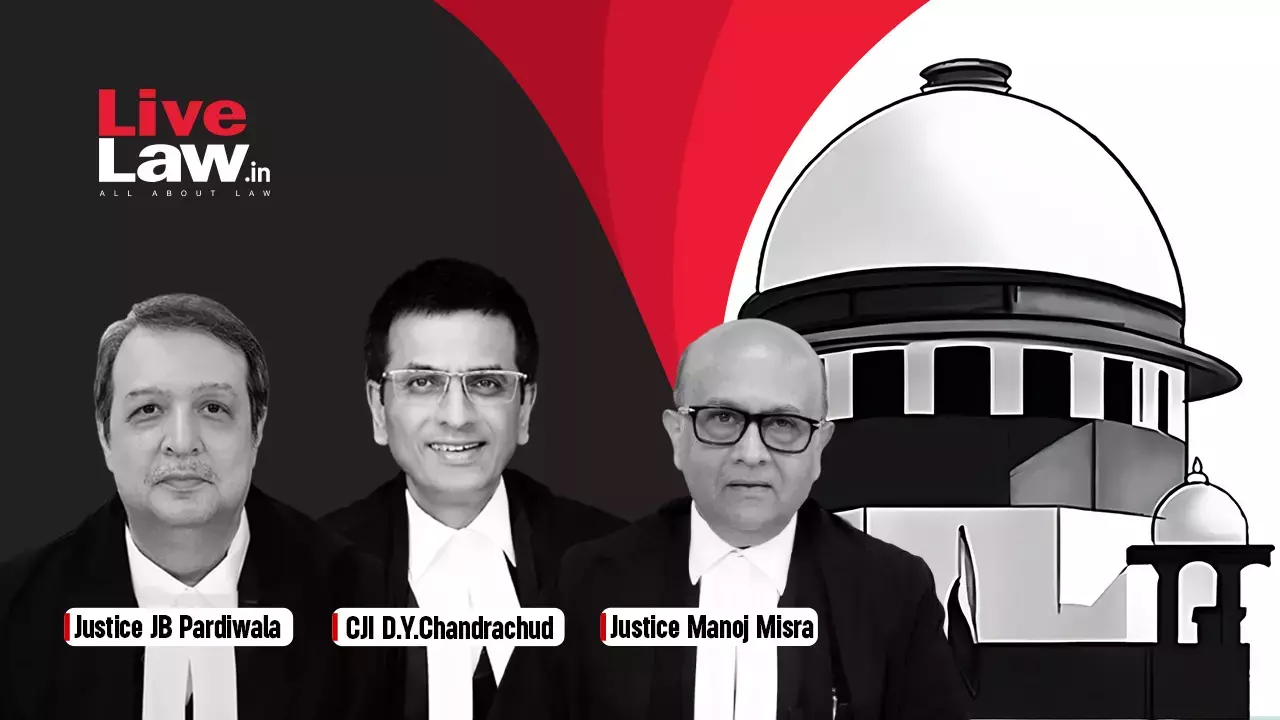Judicial Officers' Pay : Supreme Court Summons Chief & Finance Secretaries Of States Which Haven't Cleared Arrears
Debby Jain
11 July 2024 3:36 PM IST

The Court noted that, while government officers have received their pay revisions, judicial officers have not.
Next Story


